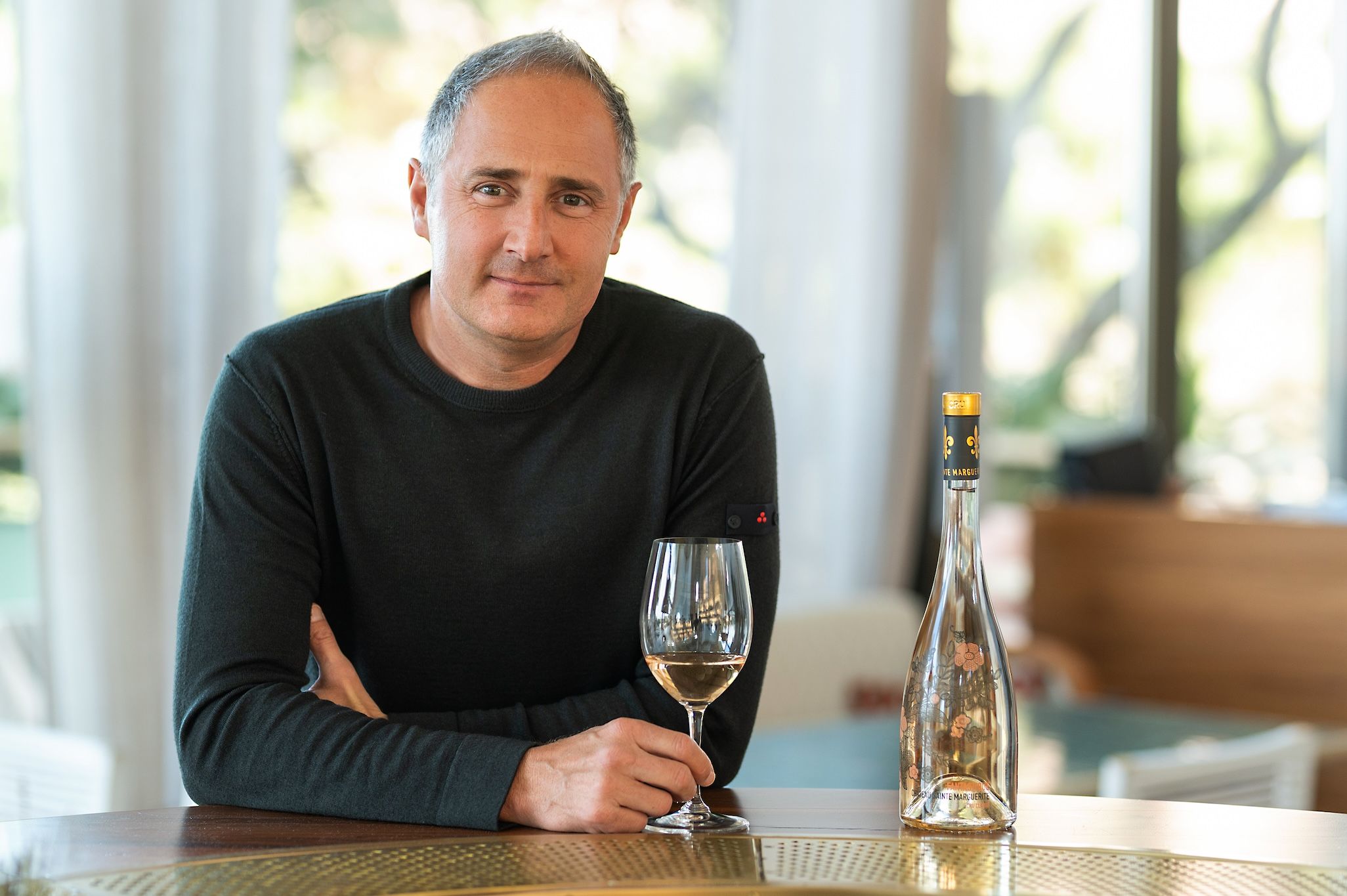When you start with a modest three hectares of vineyards in Southern Provence and wake up one day overseeing 540 hectares, it reflects significant winemaking prowess. Olivier Fayard, managing director of Château Sainte Marguerite, has lived this journey, witnessing the transformation of his family's estate into a significant wine producer. This growth, driven by a commitment to quality and a strategic partnership with Pernod Ricard, is steering Château Sainte Marguerite towards international recognition - and one the French drinks mulinational is now clearly keen to keep for the long term having sold of other major brands like Jacobs Creek and Campo Viejo to Accolade Wines.
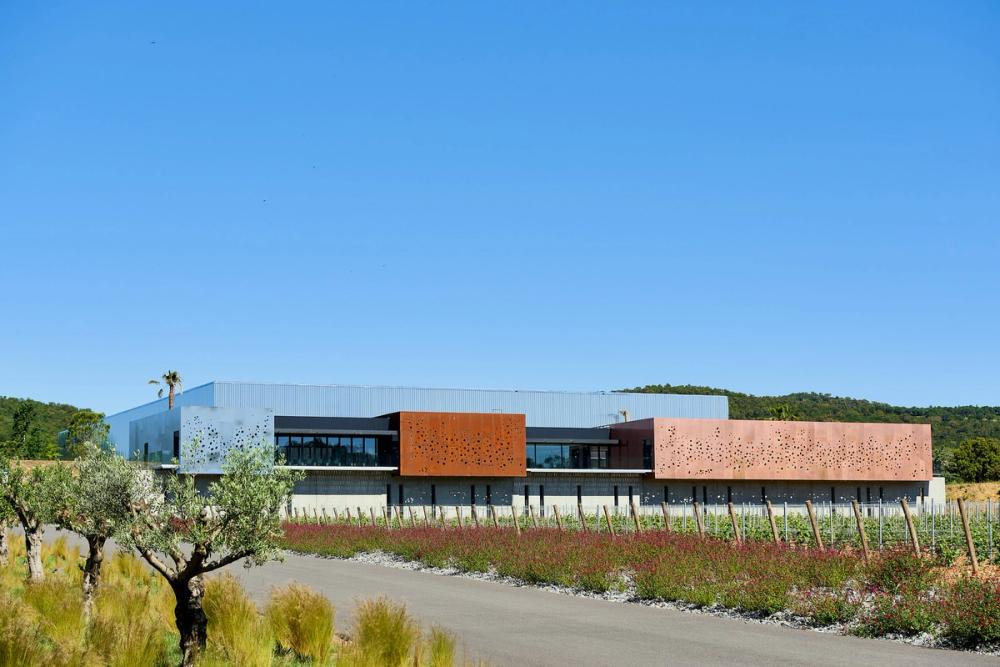
Château Sainte Marguerite, a Cru Classé vineyard since 1955, is located on ancient lands in the Côtes de Provence
According to the latest Vins de Provence reports, rosé wines constitutes 91% of Provence's production. The region boasts 2000 years of winemaking history and a diverse terroir that contributes to the distinctiveness of its wines. In 2022, Provence produced 153 million bottles of wine, with 38% of this production exported to over 140 countries. The primary markets include the USA, the UK,and Belgium. Sustainable practices are prominent, with 33% of vineyards certified organic. The region’s wine industry supports over 600 wineries and cooperatives, emphasising quality and innovation.
The Fayard legacy and Pernod Ricard partnership
Fayard's story is deeply rooted in the vineyards. Growing up alongside his brother and sister, he learned the ropes from his parents, Brigitte and Jean-Pierre Fayard, who acquired the cru classé estate Château La Source Sainte Marguerite in 1977.
Château Sainte Marguerite, a Cru Classé vineyard since 1955, is located on ancient lands in the Côtes de Provence that have been dedicated to vine cultivation since the Roman occupation. Initially a 3-hectare summer holiday home overlooking the Mediterranean, it soon became the family's passion project. By 1999, they expanded their vineyard holdings with the acquisition of Château Hermitage Saint-Martin and, in 2021, added La Tuilerie.
The family's dedication bore fruit as they gradually acquired more land, eventually amassing 200 hectares by the time they partnered with Pernod Ricard in 2022. The acquisition of Aux Terres de Ravel this year brought their holdings to 540 hectares.
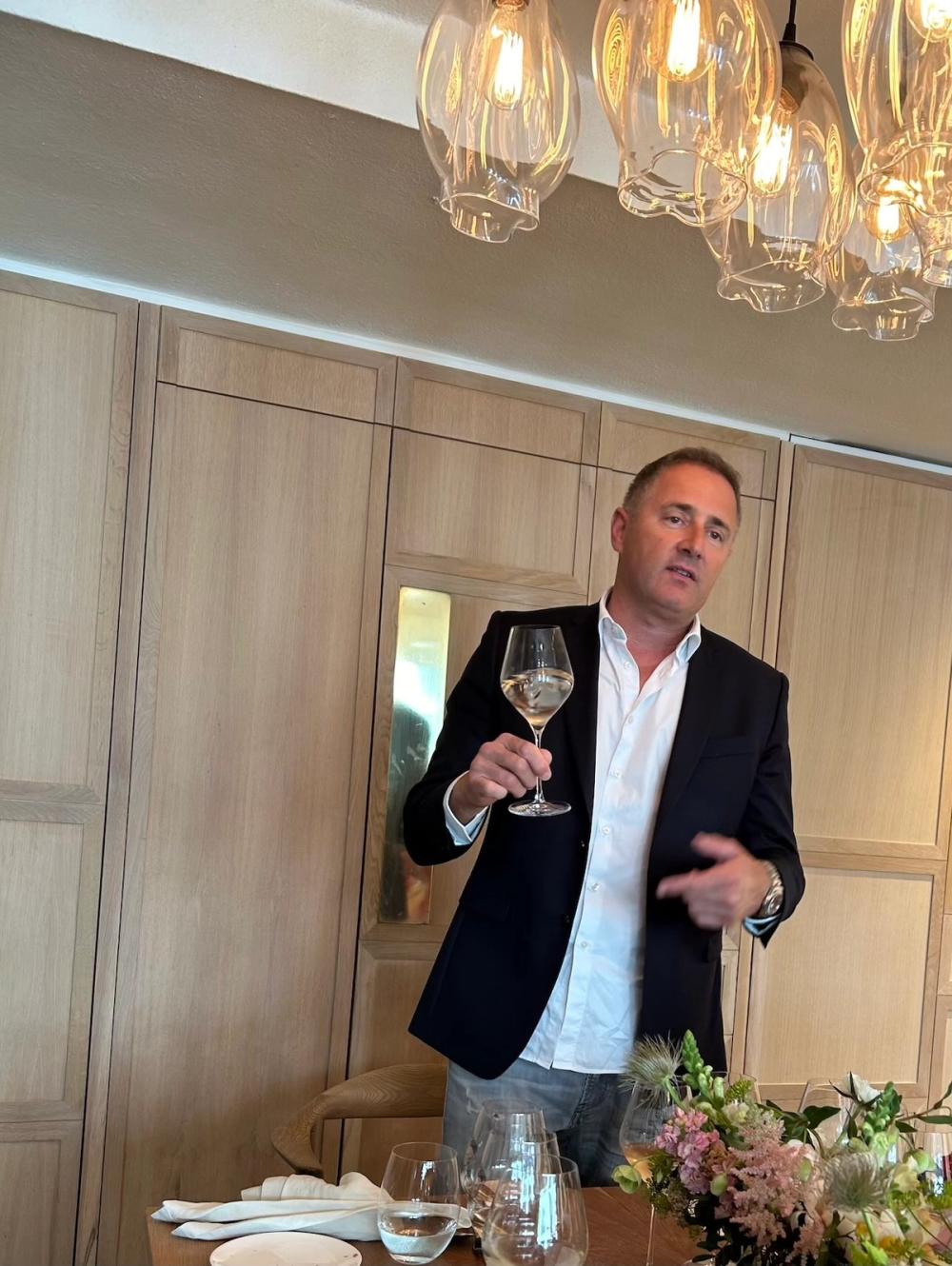
"My challenge is to make one taste that appeals to everybody," Olivier Fayard, Hide, London
"Every year we sold out, so we’d buy 2, 3, 5 hectares… and one day you wake up and you have 540 hectares," Fayard noted during our tasting in London. This growth was fuelled by their wines' consistent quality, which led to annual sellouts and the consequent need for more land to meet demand.
The partnership with Pernod Ricard has been a game-changer.
"The deal is - we continue to produce this type of wine, continue to develop it, and Pernod Ricard develops the business," Olivier explained. This collaboration allows Château Sainte Marguerite to focus on crafting high-quality rosé, while Pernod Ricard leverages its distribution network to bring these wines to a broader audience.
Sustainability and support for young growers
Sustainability is at the heart of Château Sainte Marguerite’s operations. All of its wines are certified organic (Ecocert) and vegan (Vegan Society), a practice they’ve adhered to since 2003.
"Sustainability to us is not only about protecting our neighbours or customers. When you use chemicals, you destroy your plants," Fayard emphasised.
This philosophy extends to its support for young winegrowers. By collaborating with the Société d'Aménagement Foncier et d'Etablissement Rural, Château Sainte Marguerite is fostering the next generation of winemakers. They buy land and sell it to young producers, helping them establish themselves in the industry. "It’s important to share," Olivier said, highlighting the family’s commitment to nurturing future talent.
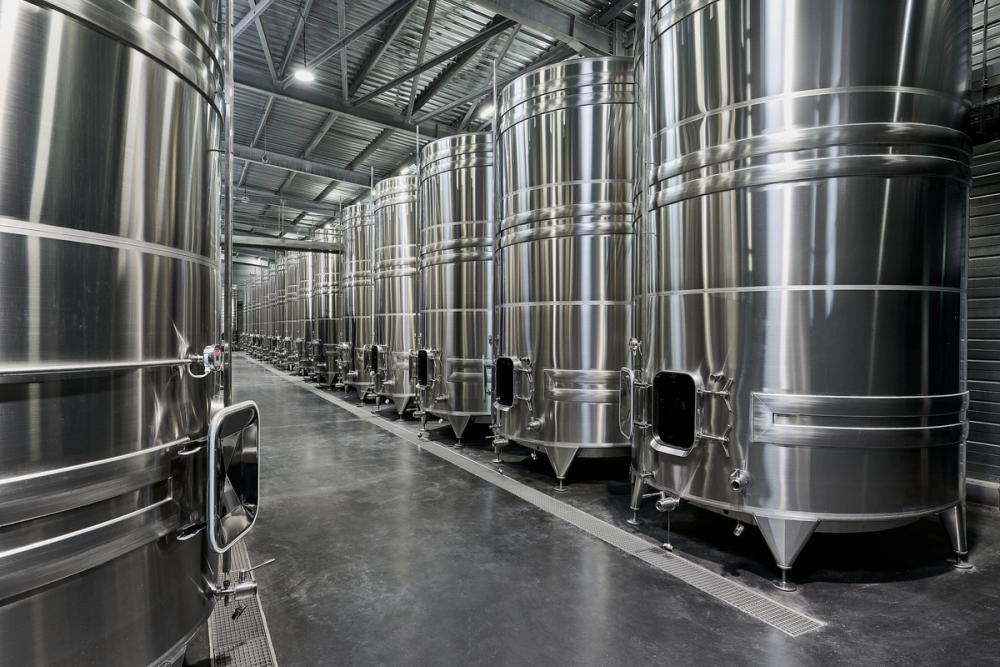
"If global expansion follows the same trend, we are indeed on the right track to international fame."
Challenges of global expansion
Despite its success, Fayard acknowledges the challenges of building an international rosé brand.
"My challenge is to make one taste that appeals to everybody," he admitted.
The wines, which started selling out locally in France, are now making their way to markets in the US, Japan, and Korea. The UK launch, in partnership with Berkmann Cellars, is progressing cautiously to ensure they get it right.
"So this works for us well, we are very happy. In the UK, we launched one year ago, but very slowly, to ensure it’s done the right way. So wines are launched just now, with Berkmann Cellars with an on-trade focus. From wines selling out in France only, now our biggest export market currently is the US, but the wines are now also present in Japan and Korea," Fayard noted.
Building a global presence, he added, is akin to growing a vine: it takes time and patience.
"We are now putting in the effort to visit many countries, plant the seeds, laying the foundations to grow something in a new, global land. But the patience is there and, considering that I am now just over 50 years old, starting with three hectares, we grew by over 16,000%. If global expansion follows the same trend, we are indeed on the right track to international fame."
Defining Provençal rosé
What sets Château Sainte Marguerite apart from other Provençal rosés? For Olivier, it’s about creating wines that are innovative, modern, and original.
"A really easy wine. A premium wine, but easy-drinking, appealing, and moreish. A wine that has symphony between fruit and freshness," he described. Avoiding oak to preserve the wine’s original taste, they strive for simplicity and elegance, believing that “simple can be more.”
Looking ahead
As Château Sainte Marguerite continues its journey from a summer holiday home to a globally recognised brand, the Fayard family remains rooted in its commitment to quality and innovation. With eyes set on further international expansion and a focus on sustainable practices, the future looks promising for this Provençal gem.
From the terroirs of Southern Provence to tables around the world, Château Sainte Marguerite is poised to become a name synonymous with exceptional rosé. And as Fayard aptly put it, “Rosé isn’t just a style, it’s an icon for us.”
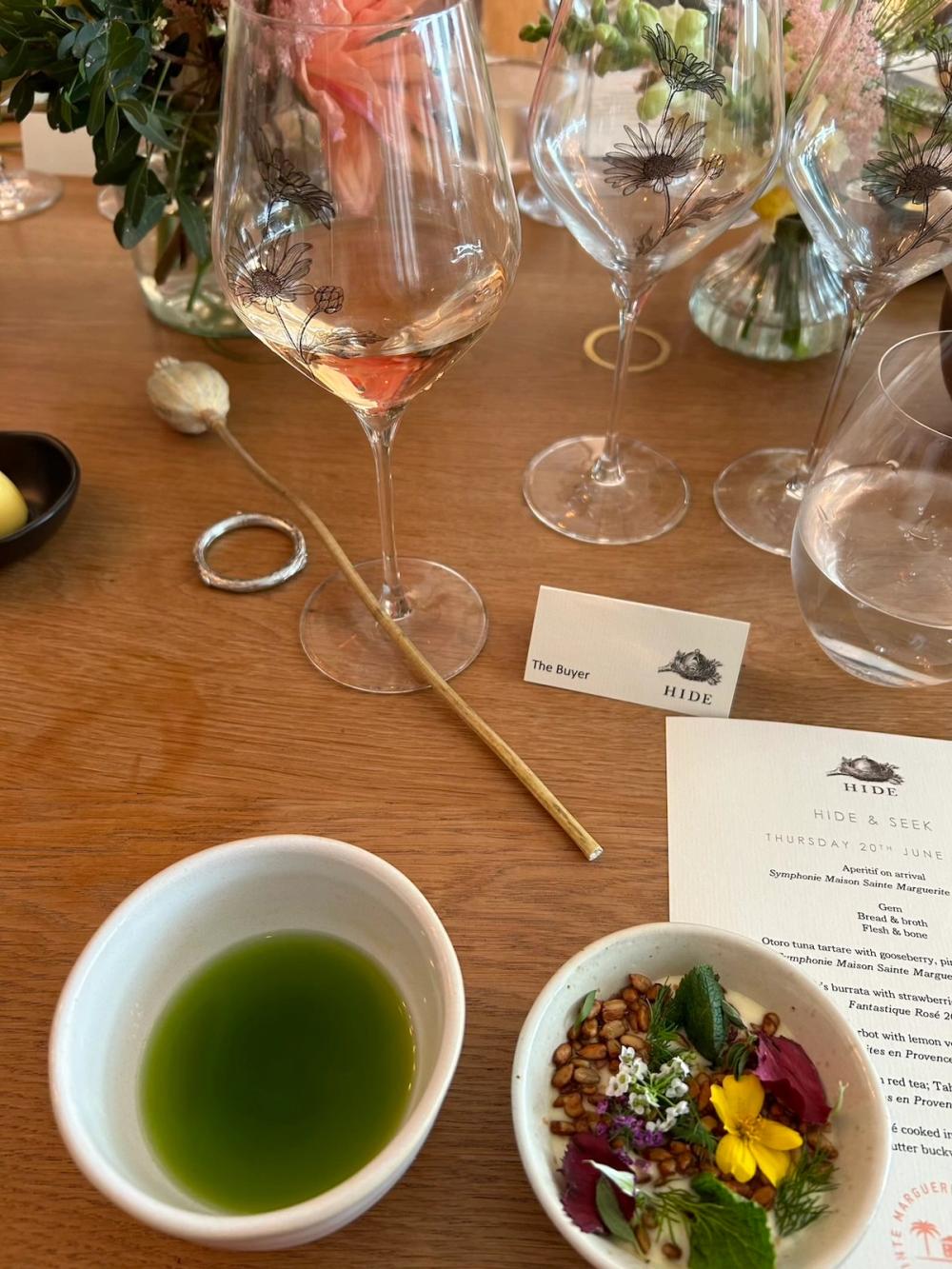
Château Sainte Marguerite tasting lunch, Hide, London
A symphony of flavours
Our tasting began with the Symphonie Rosé 2023, reflecting Château Sainte Marguerite’s philosophy. This pale, delicate rosé with hints of peach, white flowers, and lavender embodies freshness and balance. Made from Grenache, Cinsault, and Vermentino, it’s a blend that reflects the estate's terroir and winemaking.
“These three grapes are our favourite for making rosé,” Fayard shared. “They are very precise.”
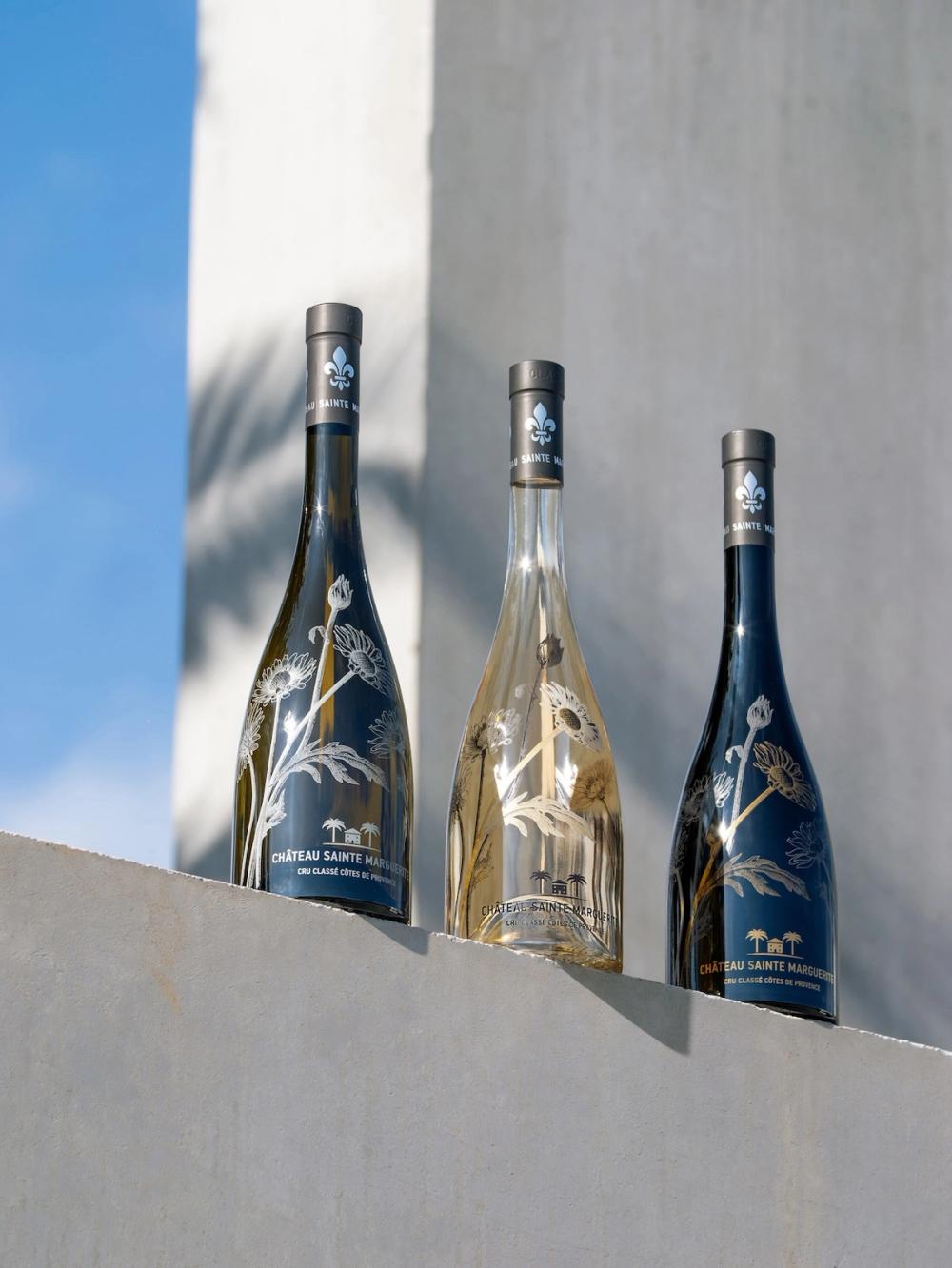
Château Sainte Marguerite, Fantastique, Côtes de Provence, France 2023
A blend of Grenache, Cinsault and Vermentino. Pale, Provence pink. A compelling expression of elegance and intensity. The bouquet greets you with inviting aromas of ripe peach and pear, typical of the Vermentino grape. As the wine opens, notes of white peach emerge from the Grenache, evoking the sensation of biting into a fresh, fleshy, and crunchy peach.
Driven by a vibrant acidity on the palate, with pronounced minerality, adding depth and structure. The balance between the fruit and the mineral aspects creates a harmonious and refreshing experience. Refined and robust length.
Château Sainte Marguerite, Marguerites en Provence, Côtes de Provence, France 2023
A blend of Grenache, Cinsault and 5% Vermentino. Very pale, with the slightest pink undertone resembling a golden, pearl-like shimmer, evoking the elegance of Provence. Inviting aromas of raspberry, nectarines, and grapefruit, accompanied by subtle hints of gentle lavender.
As the wine unfolds, tropical notes of mango and passion fruit come to the fore, adding a lush and exotic dimension. The palate is mineral-driven with a touch of salt, contributing to its balance and character. The finish is notably long, leaving a lasting impression of its refined and elegant qualities. This wine effectively combines fruit and floral elements with a solid mineral foundation, making it a perfect pairing with seafood dishes or soft white cheese.
All wines have undergone cold skin maceration before pressing and fermentation in stainless steel tanks. Thermoregulated vinification. Matured in tanks on fine lees and have 13% ABV.s
